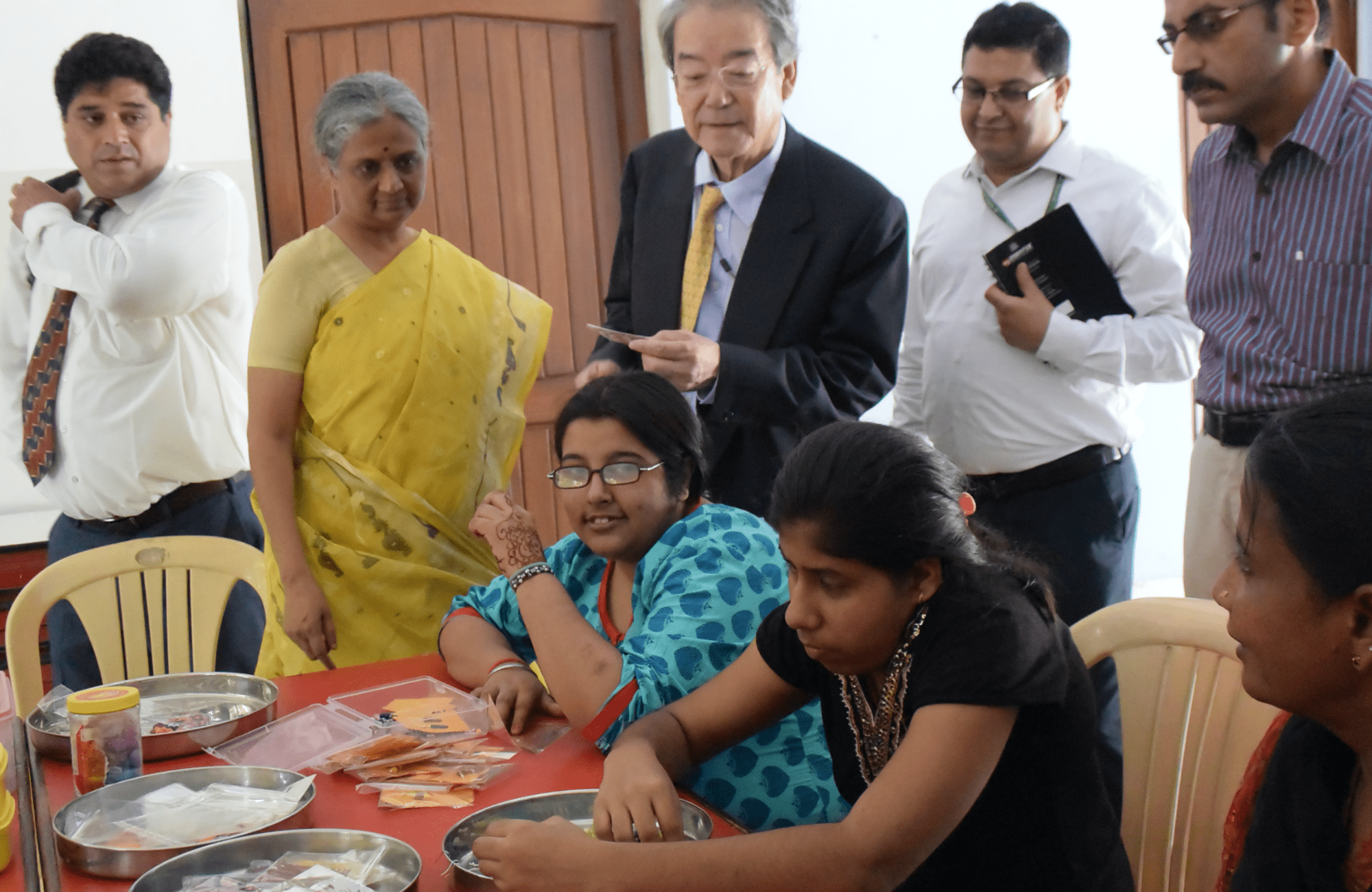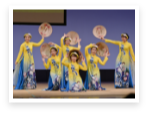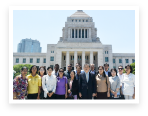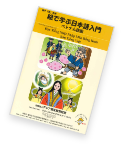The Foundation for the Welfare and Education of the Asian People (FWEAP) was established in 1969 amidst the Vietnam War, when there were a huge number of orphans throughout Vietnam who had lost their parents due to the war. In contrast, Japan had bounced back from its defeat in World War II and had started to achieve miraculous economic development.
Our founders thought, "Now that we have achieved economic development, if we do not help other countries, the international community will not trust us. It is important not just to share economic benefits, but to share in the hardships of those in need." Based on this philosophy and with the cooperation of the Governments of Japan and South Vietnam, they built and started a vocational training school for orphans in Bien Hoa, a suburb of the City of Saigon (now Ho Chi Minh City).
Moving forward with the spirit of our founders, we started two programs: to invite the officials engaging in social welfare activities from Asian countries to Japan, and to assist the settlement of refugees, including those from Indochina. More than fifty years have passed since the FWEAP's establishment, during which the world has become globalized, and above all, the Asian region has achieved remarkable economic growth. Globalization has promoted economic activities and encouraged cross-border movements of people, which has led to a rapid increase in the number of migrants and refugees on a global scale. As a consequence, there has been a diversification of values in and across many countries and regions, serious conflicts have arisen among cultures and religions, and extreme nationalism and isolationism are growing throughout the world.

In Japan, too, the number of foreign mid- to long-term residents now exceeds 2.5 million, including more than 400,000 technical intern trainees and nearly 200,000 international students—many of whom are working in the fields of seasonal work, nursing care, cleaning work, and leisure and hospitality services, and they are playing essential roles in economic activities as an indispensable labor force for Japan, the country suffering from serious problems of aging and shrinking population. After World War II, many Western countries that had accepted foreign nationals as short-term workers adopted assimilation policies that coerced the countries’ own cultures and value on these workers, which led to disparities and acts of resistance, resulting in a loss of domestic security and safety. Perhaps it is time for Japan to start preparing to accept foreigners in a way that avoids repeating that mistake.
We believe that Japan must create an inclusive society in the future. The people living in a society have different identities in terms of race, ethnicity, gender, generation, handicaps, and health conditions, as well as different ways of thinking such as religion, values, and political beliefs. An inclusive society is one in which people and groups with differing identities and ways of thinking respect one another and help each other to live well while allowing for such diversity. The word, "inclusive" is not only about recognizing diversity and having tolerance and patience for others but also about having compassion for others.
What leads to solutions when different, subjective views collide is mutual respect for the diversity of values and cultures. For that, we believe we ought to have the spirit of Japanese "恕" (jo), which means compassion for other people. Based on the heart of compassion "恕" (jo) that has been passed down from ancient times in Asia, we truly hope to be of service in achieving an inclusive society.







